#CommercialVehicles
Ford Pro Paying Off: Fleets Become Important Again
Ford may have taken some heat for lapsing quality control (something it’s very clearly attempting to address) in recent years. However, there is one aspect of the business that’s trouncing the competition. Despite automakers sometimes viewing a reliance on fleet sales as a problem, plenty of companies have had them work in their favor. This includes Ford, which has leveraged Ford Pro as a way to profit off vehicle data services and help integrate the in-house upfitting of commercial vehicles.
Scrapyard Find: 2010 Peugeot Bipper, Royal Mail Edition
Last week, I joined fellow car writer Andrew Ganz on a four-day trip to Northern England, with one of Great Britain's two Ewe Pullet-style self-service junkyards as our primary destination. This was the U-Pull-It in York, and today's Junkyard Scrapyard Find is one of the more interesting products of the Société Européene de Véhicules Légers during the 2000s.
EPA Considering Tougher Emission Rules for Big Trucks
The U.S. Environmental Protection Agency (EPA) will reportedly consider adopting new emissions rules for large trucks after Congress passed fresh incentives designed to accelerate the national adoption of zero-emission vehicles.
Ford Tourneo Custom EV Teased Ahead of Reveal
Ford’s commercial vehicle arm has been teasing the upcoming Tourneo Custom EV ahead of its formal debut on May 9th, 2022. Ford Pro is eager to expand its lineup of all-electric light commercial vehicles and has already started production of the E-Transit, making the Euro-focused Tourneo the next model queued to be juiced up.
Abandoned History: The Vehicle Production Group and Its MV-1, Accessible Mobility MPV
Historically speaking, the handicap accessible vehicle market in North America was catered to by aftermarket companies, who’d convert standard passenger vehicles (usually larger vans) to be accessible. But in the early 2000s, a couple of entrepreneurs had a new idea: A commercial vehicle designed from the get-go as accessible. Let’s talk about the Vehicle Production Group, it’s a bit of a wild ride.
Abandoned History: The Navistar EStar, a Very Troubled Electric Van
The plain white van you see here is the subject of our second edition of Abandoned History. Though it was produced and sold domestically as eStar by Navistar, it was actually developed in England years prior. In fact, the story of this electric van begins with the traditional black London taxi.
Ancient Model Gains New Engine
Kurt Cobain had only been dead a year when General Motors launched the Chevrolet Express family of commercial and passenger vans. Two and a half decades later, the Express is still in its first generation, with the model’s sole facelift now 17 years distant.
Despite facing ever stiffer competition from the likes of Ford, the Express and its GMC twin, the Savana, remain an important product for GM, with the Express selling over 77,000 units in 2019. It’s far less refined than the Ford Transit, but it’s tough. GM ditched the half-ton chassis after 2015, focusing on three-quarter and 1-ton variants ever since.
The model, paid off by the time Y2K became a concern, isn’t being completely taken for granted by its parent. For 2021, the Express family sees moar power.
General Motors Acknowledges Corpse of Chevrolet City Express
General Motors has officially confirmed the discontinuation of the Chevrolet City Express work van, which the automaker has sourced from Nissan since 2014. Its sister vehicle, the Nissan NV200, is one of the many vehicles you see serving as a replacement for the Ford Crown Victoria in New York City’s taxi fleet.
However, the City Express is a vehicle you’ve probably never noticed, as they don’t sell particularly well. General Motors moved 8,348 in the United States for 2017, which — believe it or not — was one of its better years. Meanwhile, Ford had a pretty mediocre year with its Transit Connect, managing only 34,473 deliveries. It looks like General Motors is willing to concede the segment to its Blue Oval rival as the NV200 soldiers on sans the Chevy badge.
Ford Presents Endearing Little Fiesta Sports Van
We’re always surprised with what counts as a van in Europe. For example, Ford just showcased a new one based on the Fiesta at the Birmingham Commercial Vehicle Show — and it’s kind of wonderful. However, we’re unlikely to see it on our roads. A vehicle like this makes almost no sense for the North American market.
In fact, I can only think of a handful of applications for such an automobile: high-volume pizza delivery, flower delivery, amateur plumber, organ transport, and pet grooming for a business that only takes modestly sized animals. But they would all have to take place in an extremely-dense urban environment to rationalize the use of such a small vehicle. Otherwise, business owners are going to splurge on a proper small van like the Transit Connect.
Volvo Introduces First Fully Electric Truck, Joins Fuso in Mainstream BEV Push
While North America awaits Tesla Motors’ electrified big rig, the rest of the globe’s manufacturers are working on battery driven commercial vehicles of their own. These vehicles may not be able to match the Tesla’s size or ability to do burnouts, but their existence shows companies are taking electrification seriously.
FedEx, which has already reserved a handful of the Tesla trucks, bragged it would soon deploy Navistar-sourced electric trucks way back in 2010. However, with the exception of ultra-dense urban environments and shipping hubs, these units haven’t see a lot of action. For the most part, the addition of zero-emission vehicles seem like a good way for companies to virtue signal and test the feasibility of such a platform in a commercial setting. For example, UPS issued a press release in February saying it wanted to develop 50 battery electric vans that might someday replace its fleet of 35,000 gasoline- and diesel-powered vehicles.
Still, there’s momentum building behind alternative energy vehicles in the commercial sector. Daimler-owned Mitsubishi Fuso Truck and Bus Corporation started the slow rollout of its eCanter courier truck last September. It probably won’t break any sales records for the brand, but it does show manufacturers’ desire to not just develop, but sell these things at a meaningful volume — and it’s soon to be followed by Volvo Trucks’ brand new FL Electric.
Convoy? Toyota's Hino to Join Forces With Volkswagen's Truck Unit
Volkswagen AG and Toyota Motor Corp are forming a truck-based alliance, allegedly to cut R&D costs. While the two automakers joust for the title of biggest in the world, their trucking arms must have had a rough 2017 to necessitate an alliance solely on the grounds to limit development expenditures… right?
Not exactly. Volkswagen Truck & Bus actually had a really good year. Strong sales pushed revenues up 12.1 percent, and operating profits before special items increased by 26.8 percent (for over $2.41 billion). Meanwhile, Toyota’s Hino saw operating profits improve by 21.5 percent. So why bother with the alliance of both truck builders saw strong returns based on their respective sizes?
Hot Two-seater Variant Is Just What the Chevrolet Bolt Needs
Stop thinking about roadsters. To the best of our knowledge, General Motors has no plans to enter the burgeoning electric sports car market, and we pray it wouldn’t be a front-drive model if it did.
No, the two-seater Chevrolet Bolt we speak of remains pretty much unchanged when viewed from the outside. Inside, however, there’s plenty of space to stretch out behind the front seats, as those are the only seats you’ll find.
Volkswagen Eyeing U.S. Van and Truck Market: Report
Move over Chevrolet, Ram and Ford?
It’s hard to say if American van and truck builders have anything to worry about after the head of Volkswagen’s commercial vehicles division publicly mused about jumping into the U.S. market.
Volkswagen Buys Stake in Navistar, Wants a Slice of the U.S. Heavy Truck Market
Volkswagen’s commercial vehicles division is eager to enter the U.S. heavy truck market, and it just found a partner to help pull it off.
Volkswagen Truck & Bus has announced it will buy a 16.6 percent stake in U.S. truck maker Navistar International Corp., a share buy worth $256 million. Both companies hope to save money (and make more of it) through the technology-sharing deal, with joint products on the horizon.
We're In a Cargo Van Renaissance
Wake up, ladies and gentlemen, and listen to the happy news: we are in an automotive renaissance. The kind of renaissance that comes around but once every decade or two; the kind that’s accompanied by new designs and new powertrains and new features and new competition.
I am referring, of course, to the cargo van renaissance.
I’m not sure if you’ve realized it, but that’s exactly what’s going on around us: a renaissance of cargo vans. An explosion of new models, and new segments, and new powertrains, and new features, and new designs. When we look back years from now, we will all agree that the cargo van segment was forever changed by the years 2014 and 2015.




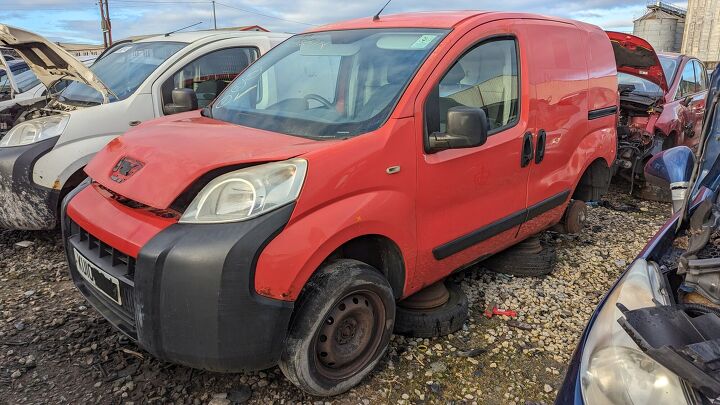

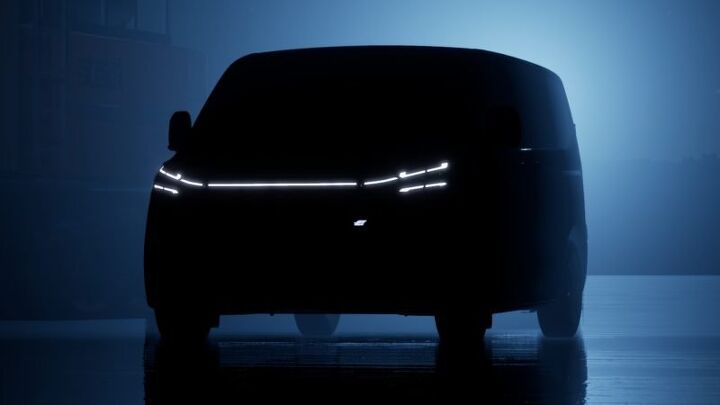
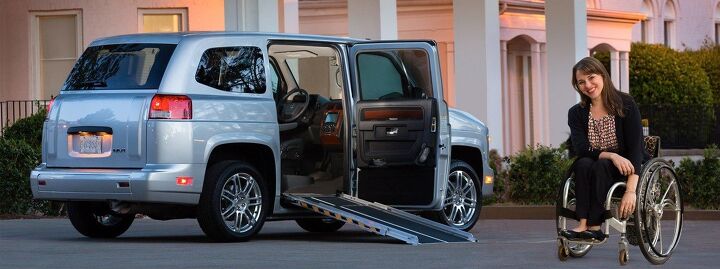
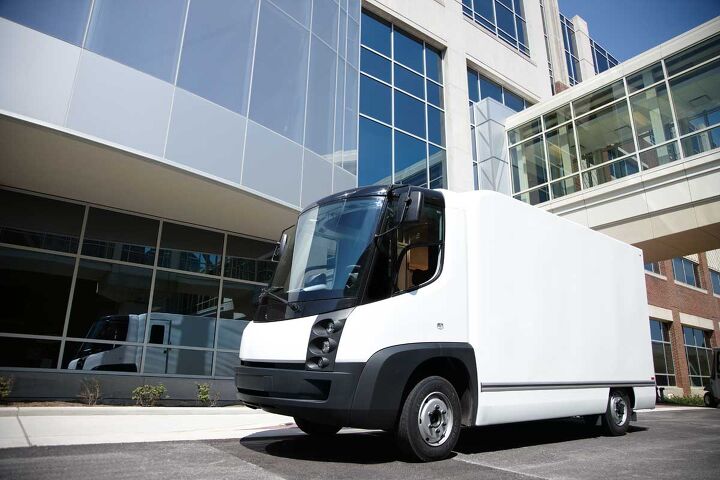

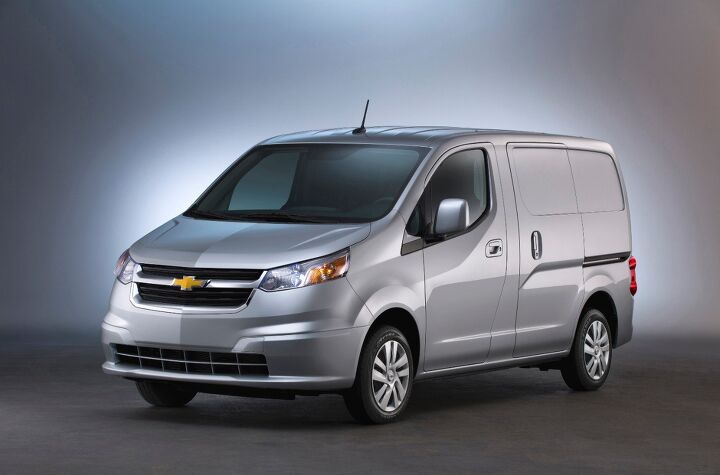
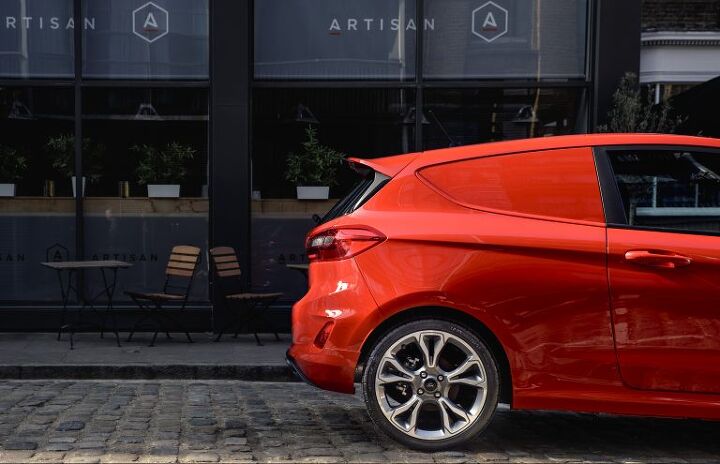

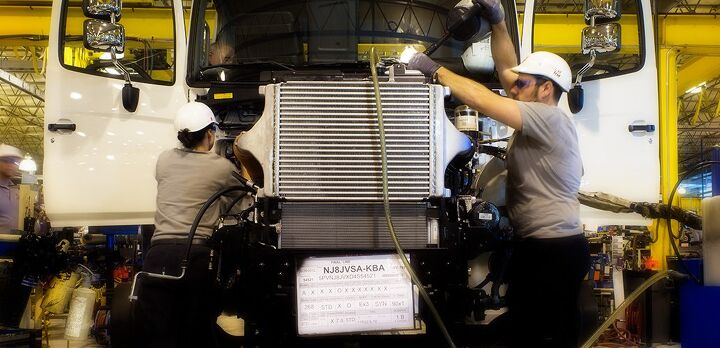

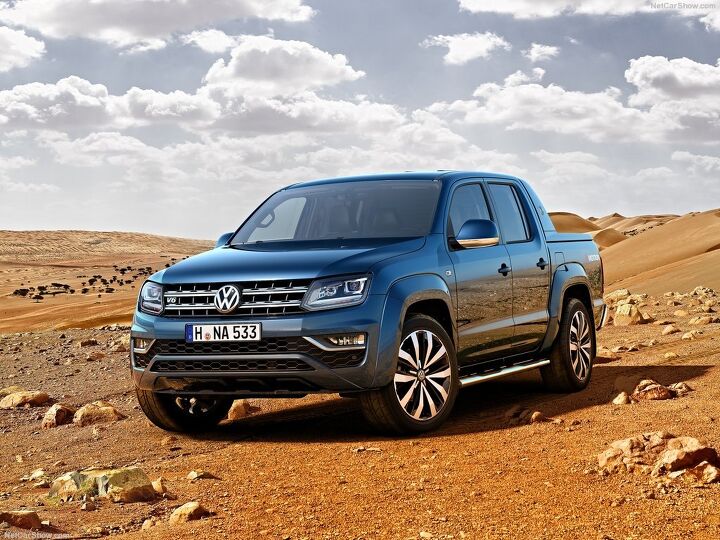
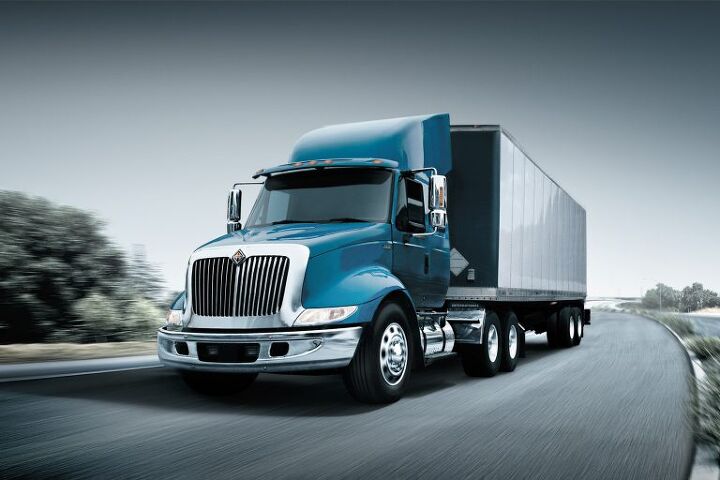
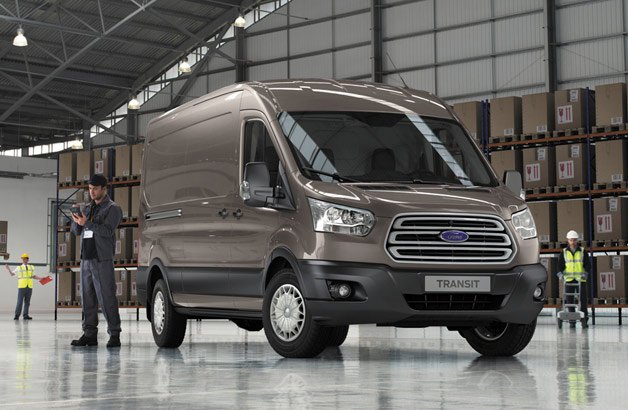












Recent Comments